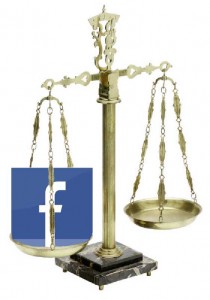Debating Discovery
As I noted last week, I recently had the privilege of participating in a panel on the need for further amendments to the Federal Rules of Civil Procedure related to E-discovery. A video of the event can be found here. (It actually took place at the National Press Club and not the Mayflower Hotel.) For those who like this kind of thing, there’s some interesting stuff. My argument is that we essentially provide an e-discovery safe harbor for “neutrally” adopted and consistently applied systems for the retention and retrieval of electronic information. Marty Redish wants to reconsider 1938 and, in particular, to place the cost of discovery on the requesting party. I agree but Ron Allen does not. Don Elliott wants to do it only in certain types of cases but, more provocatively, thinks that Rule 4 is unconstitutional.
My remarks begin at 26:00 with a shout out to this blog.


